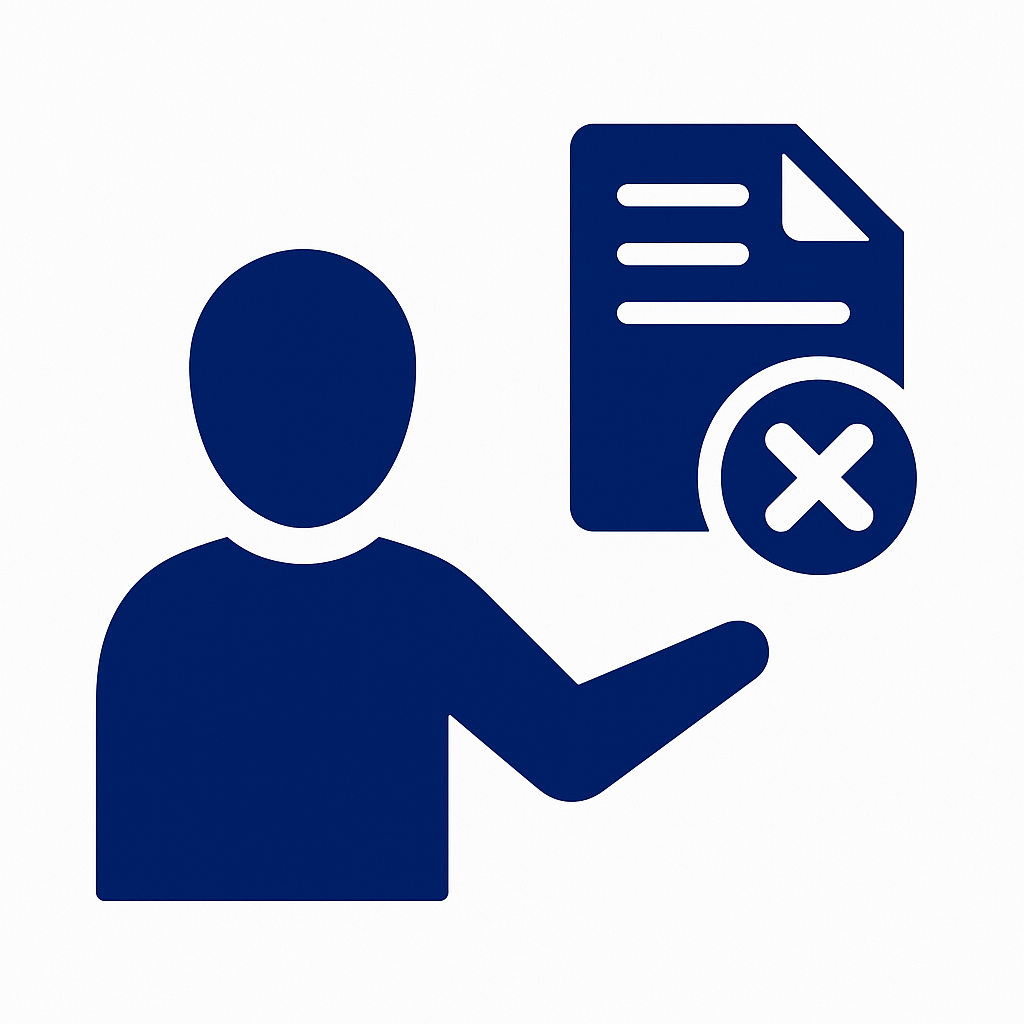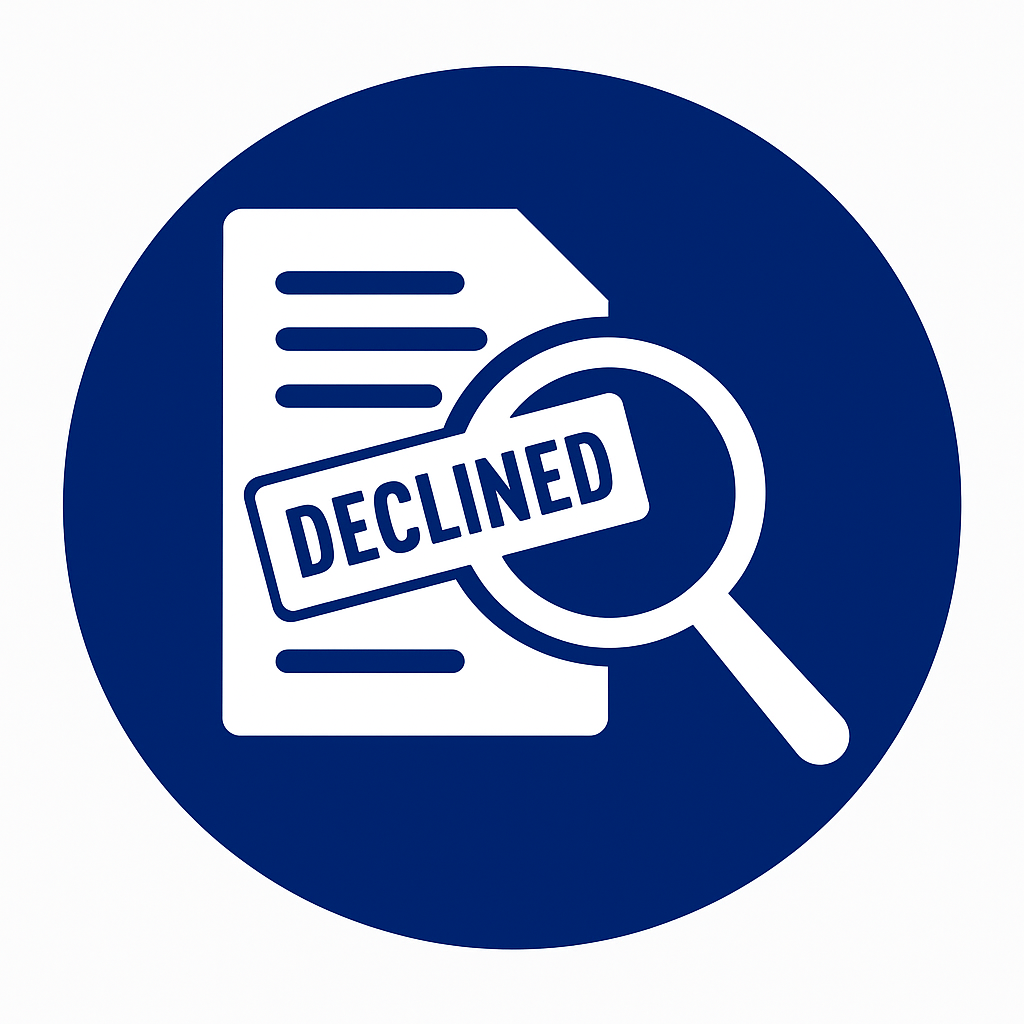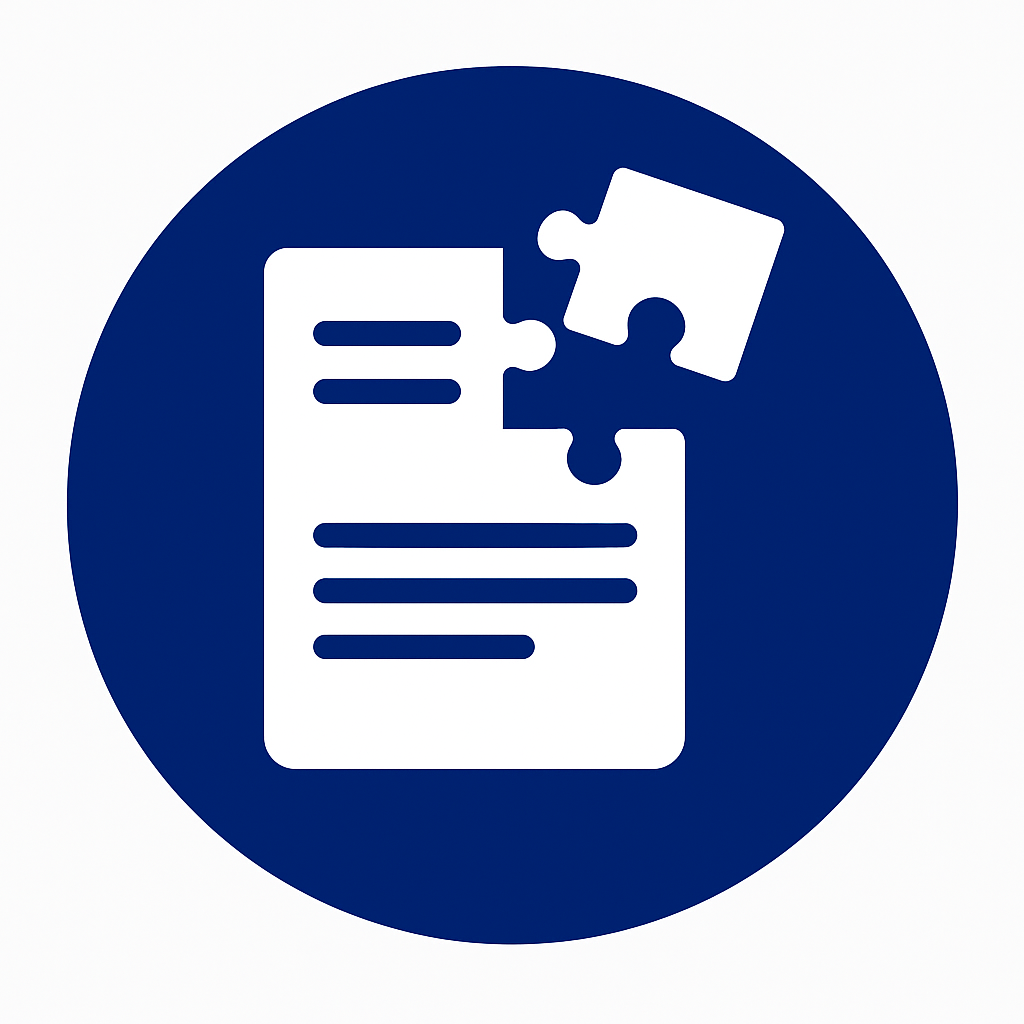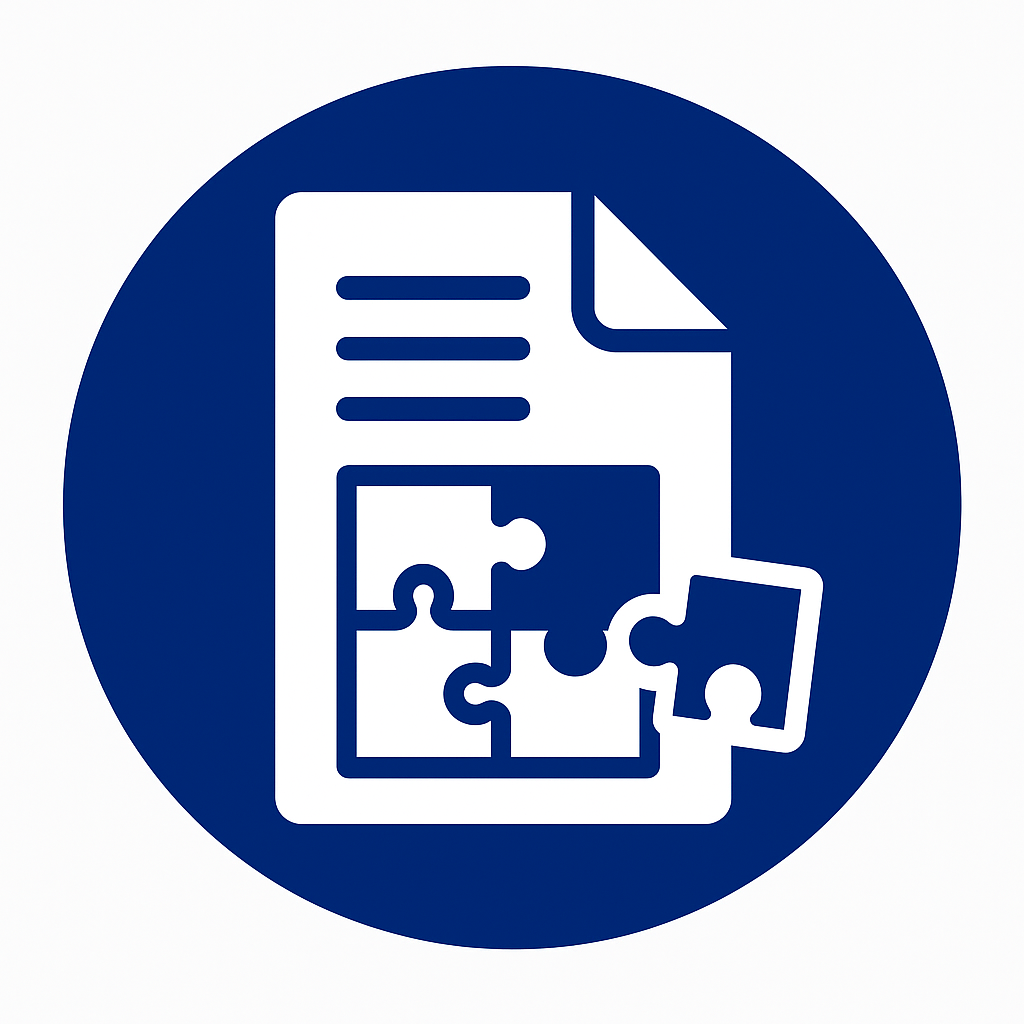Being rejected for car finance at a dealership can be frustrating and disheartening, especially if you were hoping to drive away in your new car. Dealerships often apply rigid lending criteria, and if you don’t meet their specific requirements, they may quickly decline your application. Dealerships tend to prioritize their own profit margins, making it more difficult for customers with less-than-perfect credit to secure financing. But don’t worry—this rejection doesn’t have to be the end of your journey. A finance broker can help you find better financing options, work with more flexible lenders, and guide you towards securing a car loan that suits your needs.
🏦 Why Dealerships Might Reject Your Car Finance Application
There are several reasons why a dealership might reject your car finance application. Unfortunately, dealerships often have strict lending criteria and limited flexibility, which can make it harder for customers with low credit scores, high debt, or unique financial situations to get approved. Their focus is typically on quick sales, rather than on working with you to find the best financing solution.
Here’s a breakdown of common reasons why dealerships reject car finance applications:
| 🔑 Reason for Rejection | What It Means | How It Affects Your Loan at a Dealership |
|---|---|---|
| 💳 Low Credit Score | Dealerships often rely heavily on your credit score to determine eligibility. | A low credit score can lead to rejection or higher interest rates, leaving you with expensive options. |
| 💸 High Debt-to-Income Ratio | If your monthly debt payments are too high compared to your income, the dealership may hesitate to approve you. | A high debt-to-income ratio may make you appear as a risky borrower, leading to loan denial. |
| 💰 Insufficient Deposit | Some dealerships require a down payment to approve a loan. | If you can’t provide a down payment, the dealership may turn you away or offer unfavorable terms. |
| 📉 Limited Loan Options | Dealerships often work with a limited pool of lenders. | If you don’t meet the dealership’s criteria, you may not have access to other lending options and face rejection. |
💡 Why Dealership Financing Can Make Rejection Worse
1. Rigid Lending Criteria
🛑 Dealerships usually have inflexible criteria and may only work with lenders that have strict lending standards. If you don’t meet their requirements, such as a high credit score or a stable income from traditional employment, you may face rejection or receive a loan offer with unfavorable terms. Dealerships are more concerned with quick profits and may not take the time to explore alternative financing options that could benefit you.
💡 Tip: A finance broker has access to a wide range of lenders, some of whom are more flexible and willing to work with you, even if your credit score is lower or your financial situation is unique.
2. Higher Interest Rates
📈 If you’re approved by a dealership after rejection, you may be offered higher interest rates as a way to mitigate the risk of lending to someone with less-than-perfect credit or financial challenges. Dealerships may see your rejection as a sign of financial instability and thus offer you less favorable terms to cover their potential loss.
💡 Tip: A broker works with multiple lenders to find the best interest rates and loan terms. Brokers will shop around to ensure you get a deal that’s more affordable and manageable.
3. Limited Financing Options
🏦 Dealerships often work with a narrow selection of lenders, meaning they have fewer options to offer when it comes to financing. This can make it harder for them to approve your loan if you don’t meet their specific criteria. They may also push you toward more expensive loan options, as their goal is to close the deal quickly.
💡 Tip: A broker has access to a vast network of lenders, giving you a broader range of financing options and increasing your chances of getting approved with more competitive rates and better terms.
💡 What to Do After a Car Finance Rejection at a Dealership
If your car finance application has been rejected at a dealership, don’t feel discouraged. There are still options available to get the financing you need.
1. Request Feedback from the Dealership
💬 If a dealership has rejected your application, it’s helpful to ask for feedback on why you were declined. This will give you valuable insight into what went wrong and how you can improve your application next time.
💡 Tip: If the dealership is unwilling to provide feedback, consider consulting with a finance broker who can help you understand the reasons for rejection and guide you through the process of securing a better deal.
2. Work with a Finance Broker
🧑💼 A finance broker can help you navigate the rejection by connecting you with more flexible lenders who are willing to work with your financial situation. Brokers have relationships with lenders who offer better terms, including lower interest rates and longer loan terms. They will shop around to find you the best deal, even if your credit history isn’t perfect.
💡 Tip: A broker advocates for your best interests, taking the time to find better options for you and ensuring you’re matched with a lender who will offer you a fair deal.
3. Review and Improve Your Credit Score
💳 If your credit score was the reason for the rejection, take time to improve it before reapplying. Brokers can help you understand what factors are affecting your credit and guide you on the best steps to raise your score.
💡 Tip: Brokers can also help you with strategies to improve your credit score, which will increase your chances of loan approval.
4. Consider a Co-Signer
🧑💼 If you have a low credit score or have faced rejection due to financial instability, consider asking someone with a stronger financial background to co-sign your loan. A co-signer can significantly improve your chances of getting approved by providing extra assurance to lenders.
💡 Tip: Brokers can help you find lenders who are more willing to approve loans with a co-signer, increasing your chances of securing better terms.
💡 Why Work with a Finance Broker After a Rejection?
A finance broker offers several advantages over dealing directly with a dealership after a rejection:
1. Access to More Lenders
🔑 Brokers have access to a wide variety of lenders, many of whom specialize in offering loans to individuals who have been rejected by traditional dealerships. This gives you more options and increases your chances of approval.
2. Better Interest Rates
📉 Brokers can help you find lower interest rates and better loan terms than those offered by dealerships, making your loan more affordable and easier to manage.
3. Personalized Support
🤝 A broker takes the time to understand your financial situation and helps you find a loan that fits your needs. Dealerships, on the other hand, may offer you cookie-cutter solutions that don’t always align with your budget or goals.
4. Faster Process
⏱️ Brokers are experts in the car finance process and can often secure quicker approvals and better terms than a dealership would be able to. They do the hard work of shopping around for you, saving you time and effort.
🔑 Final Thoughts
A car finance rejection at a dealership doesn’t have to be the end of your journey. Dealerships often have rigid lending criteria, limited loan options, and may offer higher interest rates or shorter terms that are not in your best interest. However, a finance broker can help you navigate this rejection, access more lenders, and secure better financing terms that are suited to your financial needs.
If you’ve been rejected by a dealership, consider reaching out to a finance broker who will work on your behalf, find you better options, and ensure that you get the best possible deal for your car loan.
DISCLAIMER
The information provided on this website is general in nature only and has been prepared without considering your financial needs, circumstances and objectives and should NOT be construed as financial, taxation or legal advice. For more information, get in touch with our experienced partner brokers today.



















